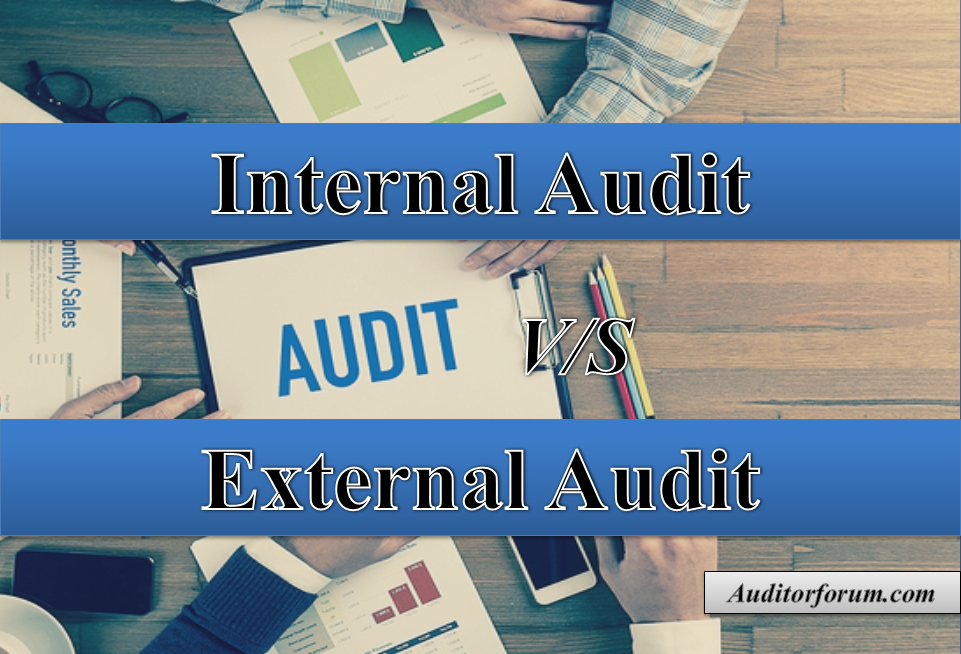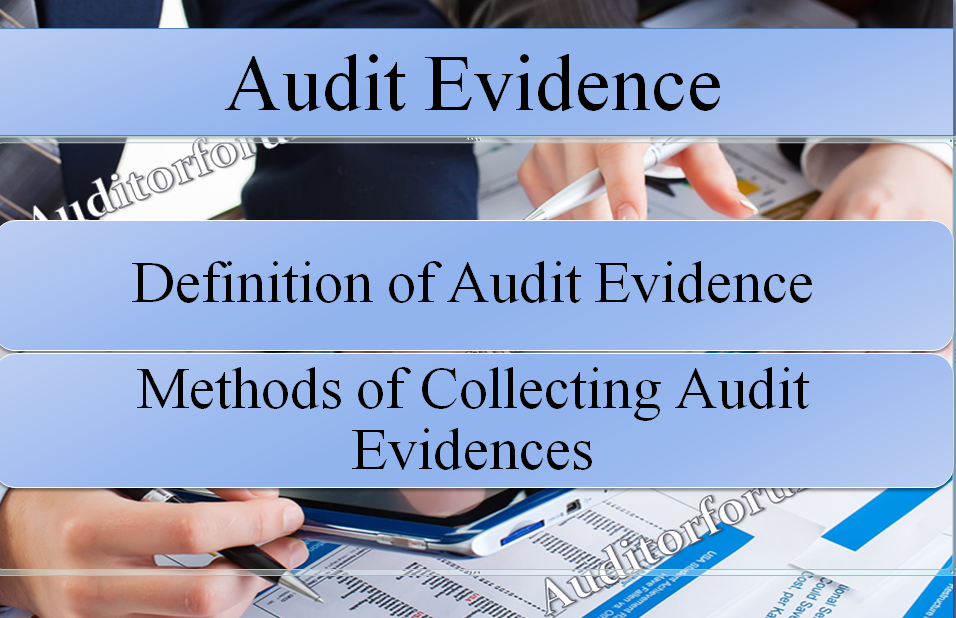Sufficient Appropriate Audit Evidence
Sufficiency is the measure of the quantity of audit evidence. The quantity of audit evidence needed is affected by the auditor’s assessment of the risks of misstatement (the higher the assessed risks, the more audit evidence is likely to be required) and also by the quality of such audit evidence (the higher the quality, the less may be required).
Appropriateness is the measure of the quality of audit evidence; that is, its relevance and its reliability in providing support for the conclusions on which the auditor’s opinion is based.
Methods of collection of Audit Evidence has been discussed at auditrforum.com through Audit Evidence and methods of collecting Audit Evidences.
The auditor should obtain sufficient appropriate audit evidence in order to be able to form an audit opinion.
Required:
(a) Identify the situations which restrict the auditor’s ability to obtain sufficient appropriate audit evidence. Give two examples for each situation.
(b) List three reasons why audit evidence is considered to be persuasive rather than conclusive.
Ans. (a) : Following are the situations which restrict the auditor’s ability to obtain sufficient appropriate audit evidence
(i) Circumstances beyond the control of the entity.
(ii) Circumstances relating to the nature or timing of the auditor’s work.
(iii)Limitations imposed by management.
Examples of factors identified
Circumstances beyond the control of the entity:
(i)The entity’s accounting records have been destroyed.
(ii)The accounting records of a significant component have been seized indefinitely by governmental authorities.
Circumstances relating to the nature or timing of the auditor’s work:
(i)The timing of the auditor’s appointment is such that the auditor is unable to observe the counting of the physical inventories.
(ii)The auditor determines that performing substantive procedures alone is not sufficient, but the entity’s controls are not effective.
The entity is required to use the equity method of accounting for an associated entity, and the auditor is unable to obtain sufficient appropriate audit evidence about the latter’s financial information to evaluate whether the equity method has been appropriately applied.
Limitations imposed by management:
(i)Management prevents the auditor from observing the counting of the physical inventory.
(ii)Management prevents the auditor from requesting external confirmation of specific account balances.
Ans.(b). Audit evidence is persuasive rather than conclusive because of the following reasons:
(i) The auditor gathers evidence on a test basis (the sample may or may not be representative).
(ii) People make mistakes (both client and auditor).
(iii) Documents could be forged (increasingly easy with digital technology).
(iv) The client’s personnel may not always tell the truth.That is why auditor has to use his persuasive power to draw an opinion.
For more practicing questions and answers related to Professional judgment and skepticism in real life situations explore auditorforum. We are keen to know your views in comments.








